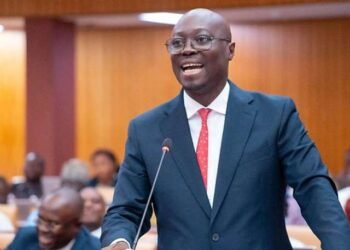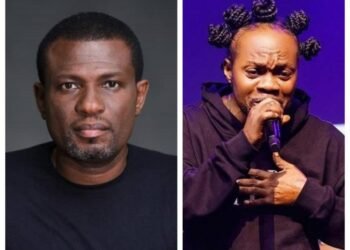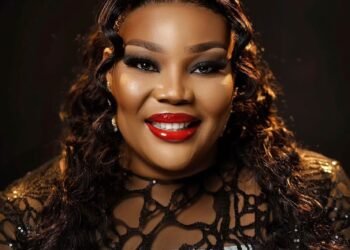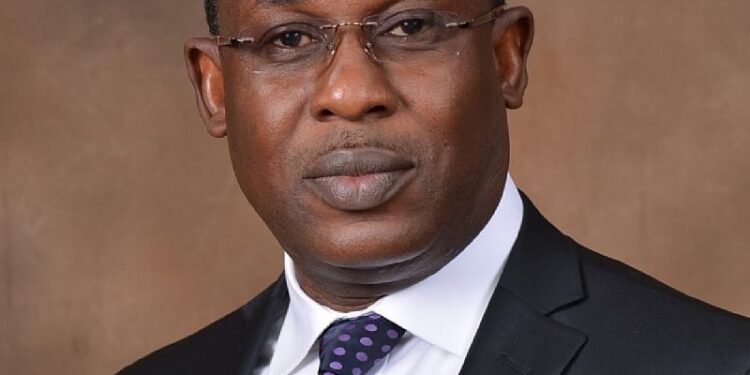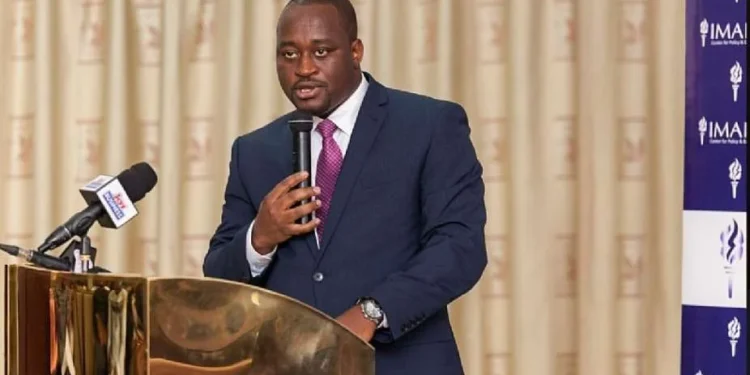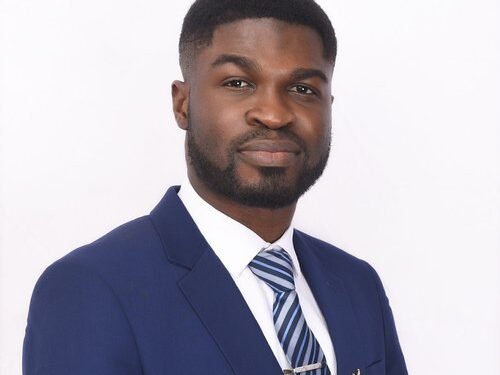In Ghana, the perception of people with dreadlocks serving God can vary among individuals and communities. It is important to note that Ghana is a diverse country with people of different backgrounds and beliefs, so there is no uniform perception.
Traditionally, dreadlocks have been associated with the Rastafarian movement, which originated in Jamaica. Rastafarians believe in the divinity of Emperor Haile Selassie I of Ethiopia and follow certain spiritual practices. They often wear dreadlocks as a symbol of their faith and spiritual commitment.
In Ghana, the Rastafarian movement exists, but it is not as widespread as in some other countries. Therefore, some Ghanaians associate dreadlocks primarily with Rastafarianism and its specific beliefs rather than a general connection to serving God.
This association can lead to different perceptions and stereotypes. However, it is important to recognize that individuals with dreadlocks can hold various religious beliefs and practices.
Some may be Christians, or Muslims, or follow other faiths while also choosing to wear dreadlocks for personal or cultural reasons.
Their commitment to serving God can be as strong and genuine as anyone else’s, regardless of their hairstyle. In recent years, there has been a growing acceptance and understanding of cultural diversity and personal expression in Ghanaian society.
As a result, people with dreadlocks who serve God are increasingly being recognized for their spirituality and devotion rather than being solely judged based on their appearance.

UK-based-Ghanaian Gospel artist, Joseph Matthew, who has been heavily criticized for his looks, particularly for wearing dreadlocks noted that doing gospel music is not about how one looks.
The “Promised Land” singer revealed that he finds it strange that people quickly condemn others and label them as “property of the devil” just because they want to look different from others.
“There should be proper education. People think because it is the gospel you have to sing a certain way, dress a certain way, and have to look this way. People need to understand that wearing dreadlocks and dressing this way would not let you go to hell. You should be able to dress well, look good, and enjoy yourself while serving God. It doesn’t change the message in the song, neither would it change the quality of the song.”
Joseph Matthew
It is essential to promote understanding and respect for diverse beliefs, perspectives, and cultural expressions. Judging someone based solely on their appearance, including having dreadlocks, is not a fair or accurate way to assess their ability to serve God or their commitment to their faith. Ultimately, serving God is a personal and spiritual matter that goes beyond physical appearances.
Poor Unity Created Among Gospel Artists

The lack of love and unity among Ghanaian gospel artists in the music industry is a complex issue that is influenced by various factors.
The gospel music industry in Ghana, like any other industry, is highly competitive. Artists feel the need to outperform one another to secure recognition, opportunities, and financial gains. This creates a sense of rivalry and hinders cooperation and support among them.
Ghana’s gospel music industry faces challenges related to limited resources such as funding, promotion, and distribution. Artists perceive these resources as scarce, leading to a belief that supporting one another could potentially reduce their chances of success.
Gospel music encompasses a wide range of theological perspectives. Artists have different interpretations of faith, leading to divisions and disagreements. These differences can hinder collaboration and unity among artists who prioritize specific theological beliefs.
Like in any industry, personal ambition can sometimes overshadow unity and collaboration. Artists focus primarily on their success rather than fostering a collective spirit of support and solidarity.
Gospel artist Joseph Matthew disclosed that the apparent factions in the gospel industry are creating poor unity among the artists.
He mentioned that even though he doesn’t reside here but plies his music business in Ghana, he occasionally comes home to promote his works and has noticed the unfortunate happening which is causing great harm to the industry.
“From where I sit, I can confidently say that secular artists show more love to each other and there is unity among them than our gospel artists. Some supposed gatekeepers are promoting some artists in the name of being managers and it appears when you are not part of their team, it is difficult pushing your works.”
Joseph Matthew
Addressing these challenges and fostering a sense of love and unity within the Ghanaian gospel music industry requires collective effort. Encouraging dialogue, organizing collaborative projects, creating platforms for networking, and emphasizing the importance of supporting one another can help build a stronger and more united community of gospel artists.
Additionally, promoting a mindset that celebrates the success of others and recognizes the abundance of opportunities can contribute to fostering a more harmonious and supportive environment.
READ ALSO: Disparity In Media Exposure Limits Influence Of Minor Political Parties




